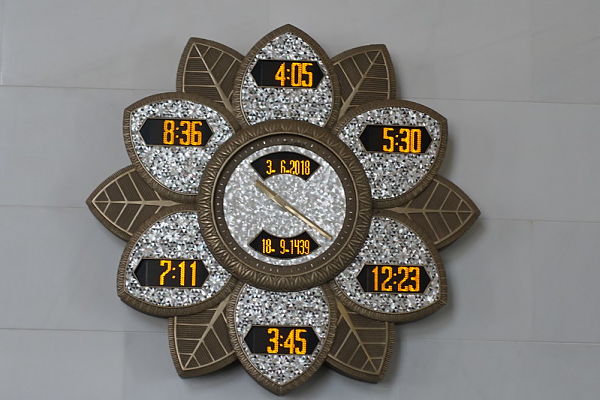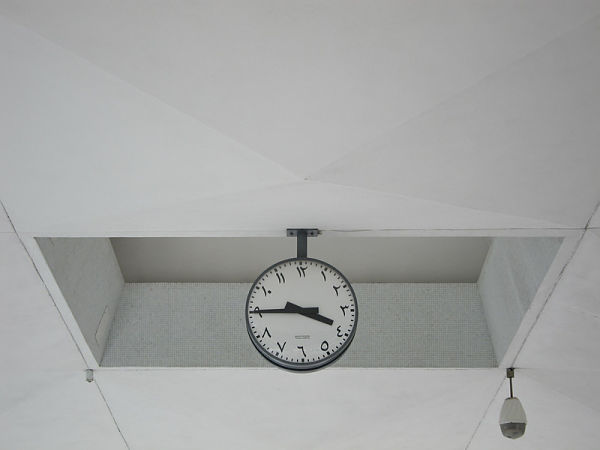Cultures experience time in different ways.
When working across cultures, this can cause problems.
Time conscious cultures working with time fluid cultures can often feel frustrated by a lack of progress and unconsciously draw on stereotypes that see the ‘other’ as incompetent or lazy.
On the other hand, those with a more relaxed approach to time can see their opposites as inflexible and often perceive the obsession with time as a lack of friendliness.
Unless managed, the two sides can end up falling out.
For many foreigners new to working with Arabs or in the Middle East, the locals’ understanding of and approach to time comes as a bit of a culture shock.
Foreigners marvel at how 3 different clocks all in the same building can all tell different times and how the locals will arrange a meeting for a certain time, only for you to be kept waiting for hours.
Time in the Arab world works differently – and if you don’t understand this, you can really struggle.
At the end of the page you can watch a FREE SAMPLE of our eLEARNING COURSE on ARAB culture - it's packed FULL of useful insights on the Middle East.
The Daily Prayers and Time
If you want a really understand how time works in the Arab world, just look at the prayer times and the practicalities around it.
This clearly illustrates how Arabs work with time – not against it.
Across the Middle East you will hear the call to prayer 5 times a day. On the front of most newspapers you will also see the day’s prayer times printed.

Photo by Jeremy Thompson shows the day's prayer times in a mosque (Abu Dhabi, UAE)
So, as we can see, the arranging of the prayers is very orderly. Each prayer has a set start time.
However, when the prayers actually happen is a completely different story…and this is the reality of how time works.
Some mosques may pray immediately, showing good punctuality. Other may start a few minutes later. There is no co-ordination; people do what they need to according to their situations.
This means people will join prayers at different times – being late does not exclude you. Even if you catch the end of the prayer, you’re OK.
The same applies on a personal level. Ideally people should pray at the set time – it gains more reward – however, the sharia allows people many hours in which to read their prayers.
This flexibility in prayer times is how people in the region approach tasks – yes, they have a start time and punctuality is good, but if something else comes up, it can wait.

Clocks across the region tend to be poorly synchronized, inaccurate or even broken. This is an event driven culture, not a time driven culture. Clocks therefore only have a certain value.
Photo by Sara Goldsmith.
Destiny and Time in Arab Culture
This understanding of time is heavily connected with the Arab understanding of destiny.
Most Arabs, whether Muslim or Christian, believe in fate – that things happen when they are supposed to happen.
You can’t escape destiny.
So, if your destiny is to read your prayers late, then so be it! There is nothing you could do about it anyway.
The same mentality applies to deadlines, milestones and arrangements.
People try their best to do things ‘in time’ or ‘on time’, but if they don’t, they see little reason to stress as it’s clearly happened for a (divine) reason.
Time does not have a material quality or worth as it does in some other cultures.
Learn more about Arab Culture
If you would like to learn more about Arab culture and the Middle East in general, then our eLearning course is jam packed with everything you need to work successfully with Middle Eastern colleagues.
It covers a huge range of topics including history, Arab values, the communication style and etiquette.
You can watch an abridged sample below or head over the course page to find out more.
